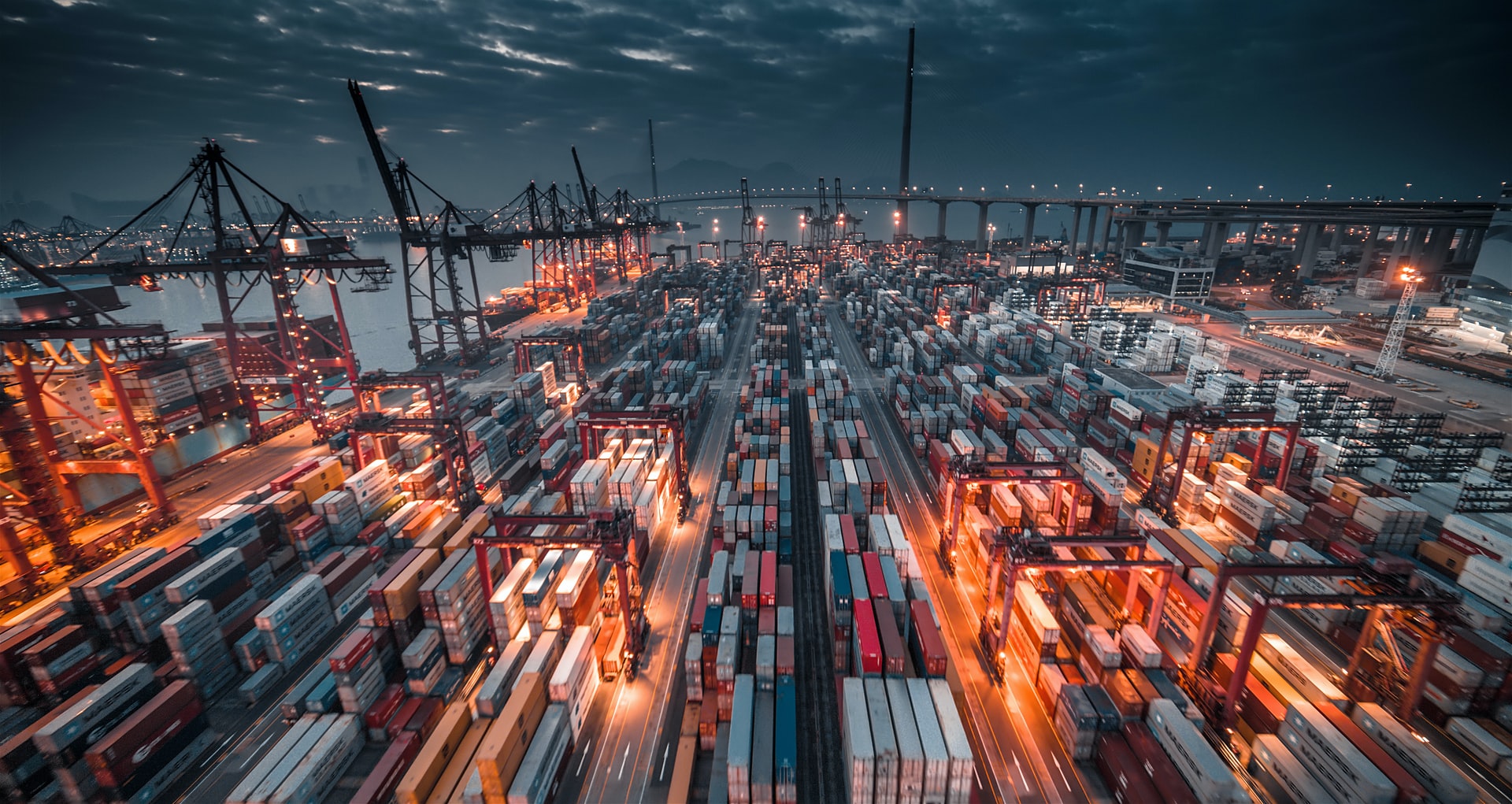As we have stepped into the fourth generation Industrial Revolution, it’s essential to adopt the automation and data exchange processes in the shipping industry.
According to UNCTAD (United Nations Conference on Trade and Development), around 80% of the volume of international trade in goods is carried by sea. An ongoing revolution in the form of smart containers is taking place globally to overhaul the entire supply chain.
Smart containers are the intelligent shipping containers used in logistics that are integrated with modern internet technologies, smart sensors, solar panels and GPS trackers.
What makes these containers intelligent?
Several kinds of sensors are installed in smart containers. These measure the internal ambience like temperature, humidity, pressure etc. Moreover, other equipment like accelerometers and gyroscopes can also be employed to track other parameters.
These allow the shippers to keep a check on the status of the containers as well as their constituents in real-time.
Moreover, autonomous containers 4.0 have efficient hardware that protects sensitive cargo from external disturbances.
The information is gathered through the deployed equipment. It is then automatically transmitted into the digital shipment records. These are shared with the operator as well as they can be shared with the customer to provide real-time tracking. This helps to predict the arrival dates accurately. The unloading of containers can be well planned. Smart shipping containers are generally self power-generating. This becomes possible with the installation of solar panels.
Thus, smart containers provide sea to shore connectivity in an intelligent and automated manner.
Why shift to a fleet of Smart Containers?
Deployment of smart containers for the shipment of cargo comes with a range of advantages:
- Monitoring quality of goods: A massive amount of perishable foods are spoiled on their journey to the destination. Smart reefer containers help to track the cargo and also make internal adjustments. The operators can monitor and adjust the temperature levels remotely. This saves huge amounts of resources from wastage.
- Ensures transparency: The real-time tracking of the ships allows transparent shipment. The supply chain visibility through the digital records ensures situational awareness of all the stakeholders. Digital management empowers the company to gauge customer behaviour and experience.
- Efficient ports: The reports generated by IoT (Internet of Things) algorithms transmit the information report to the port authorities. They get a clear analysis of the ship’s movement, docking and unloading. This helps to speed up the travel journey and avoid sea traffic.
- Risk mitigation: The prompt response from the sensors and GPS tracking of the entire cargo helps in crisis management. The automated system sends quick information to all the involved parties. This helps them in the coordination of their response. A lot of time and energy is saved in the process.
- Cost reduction: One-time investment in smart containers can save traders a fortune. The containers allow the management of logistic assets irrespective of the location. Reduced risk also cuts down the cost of insurance covers. The sensors reduce the possibility of theft and breakdown of the cargo.
Thus, digitization of the shipping sector has brought in high visibility, quality, and security of the container fleet. Smart containers are the regular ones but with an intelligent chip with a network. The accurate data provided by them serves as a way to make the supply chain more efficient and sustainable.
The security factor should be taken into consideration while the deployment of smart containers. While digitization fosters competitiveness, it is essential to ensure strong security to avoid data breaches and third-party attacks.
If you’re looking to transform your containers’ fleet, reach out to Loginno and get the best customer experience.
